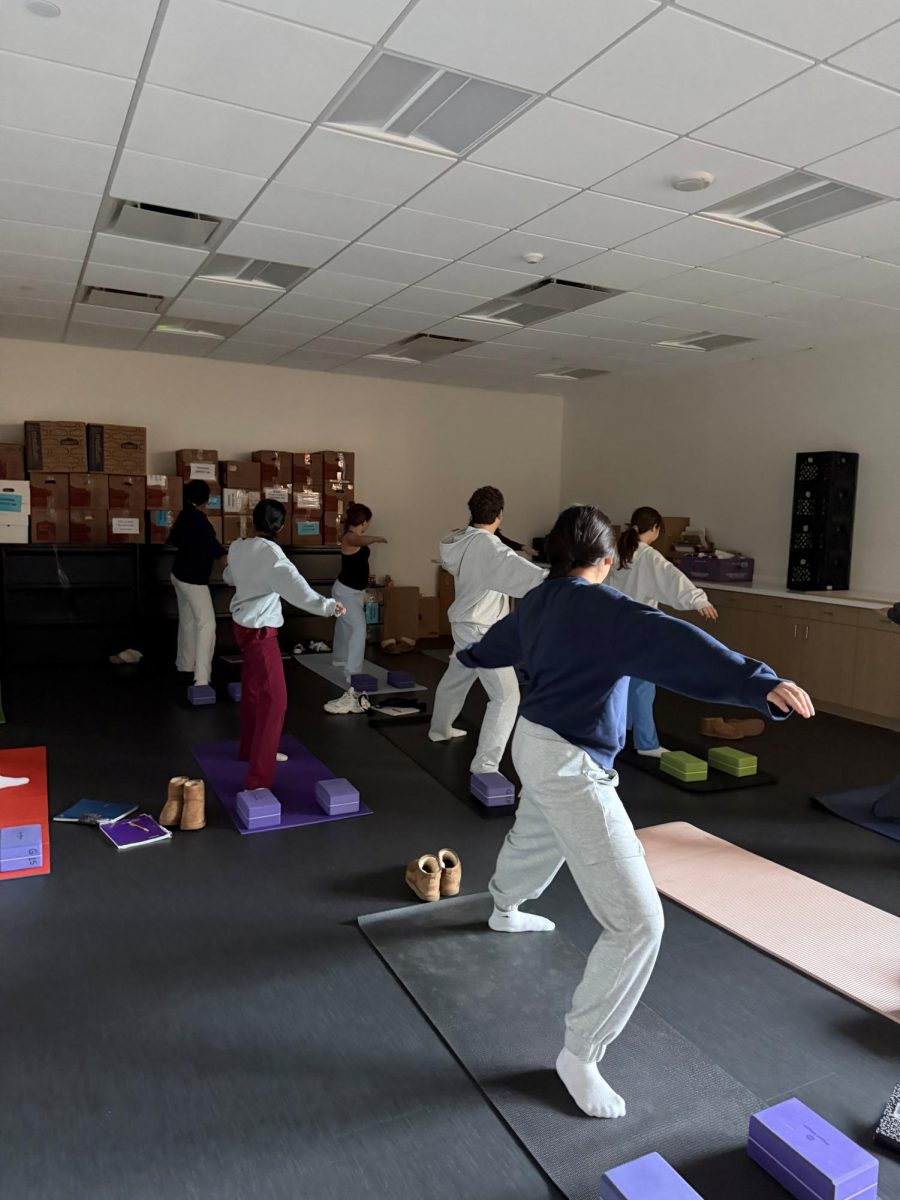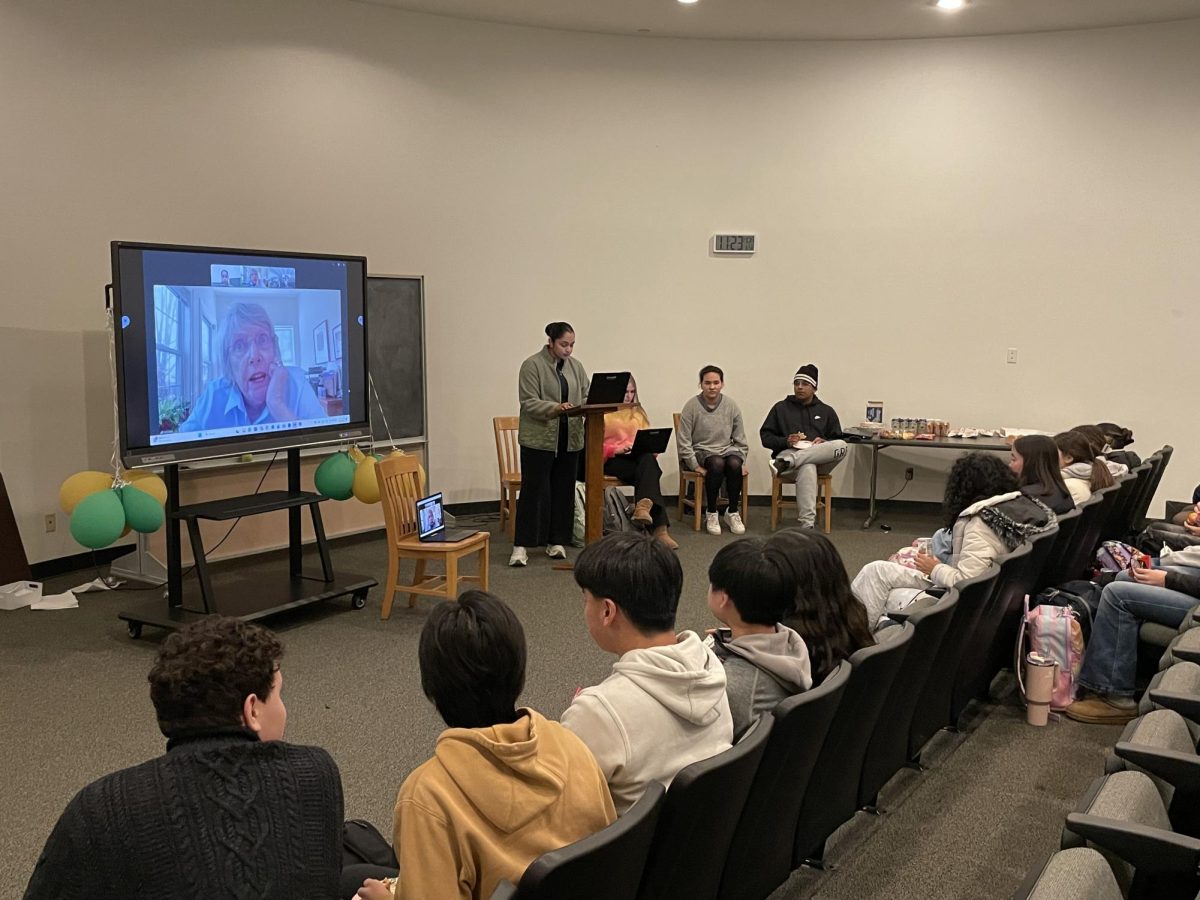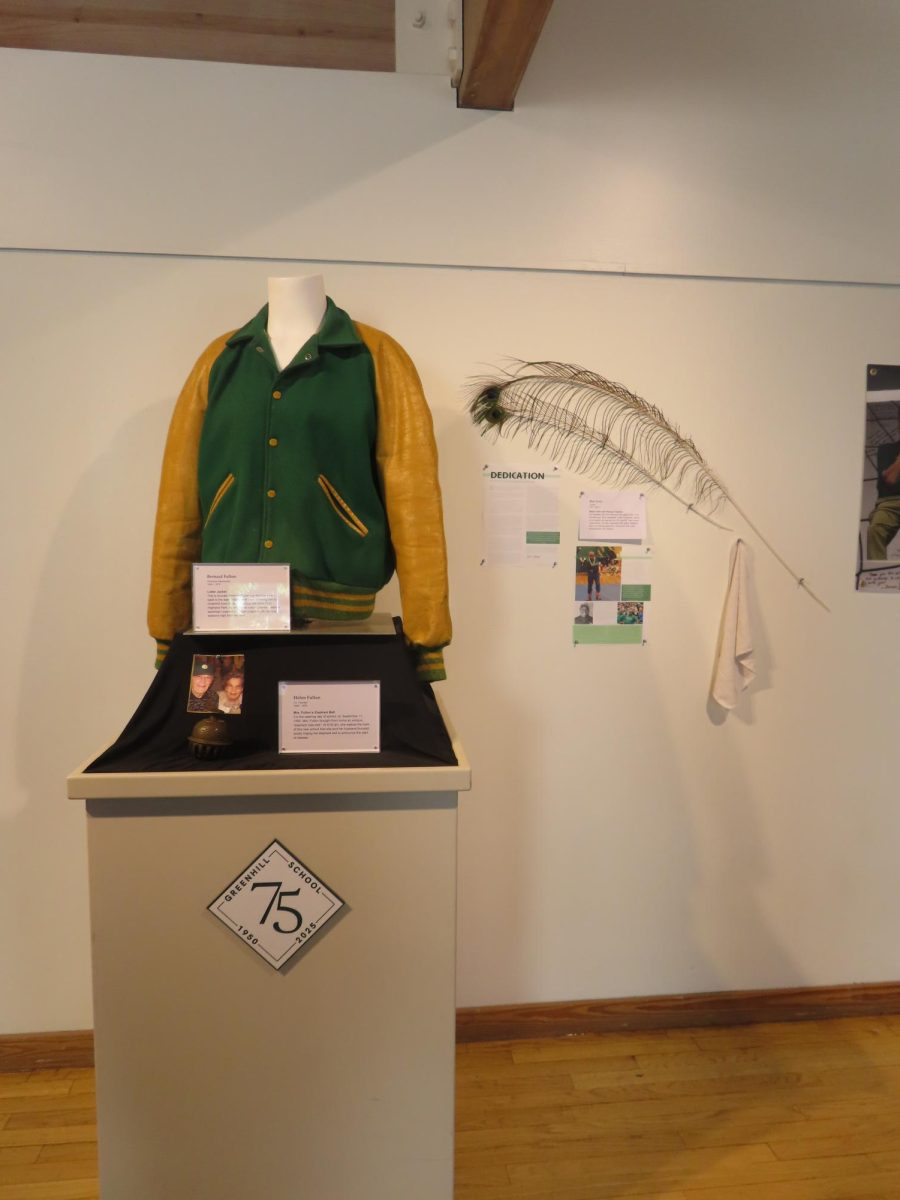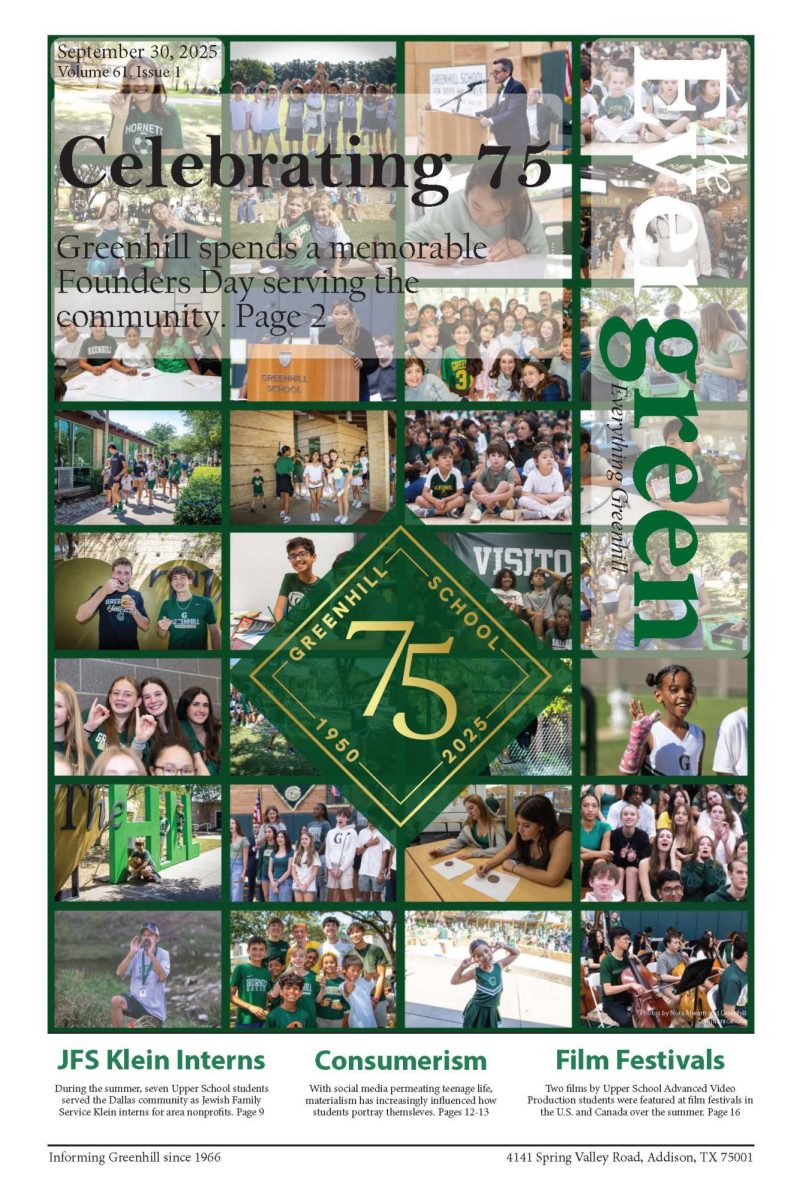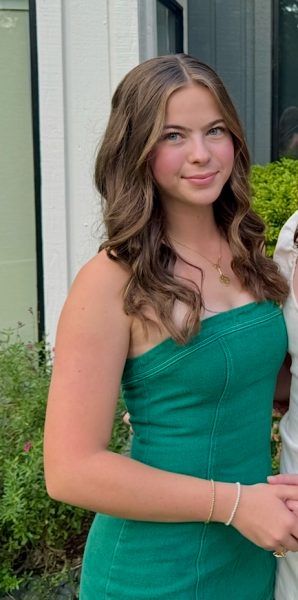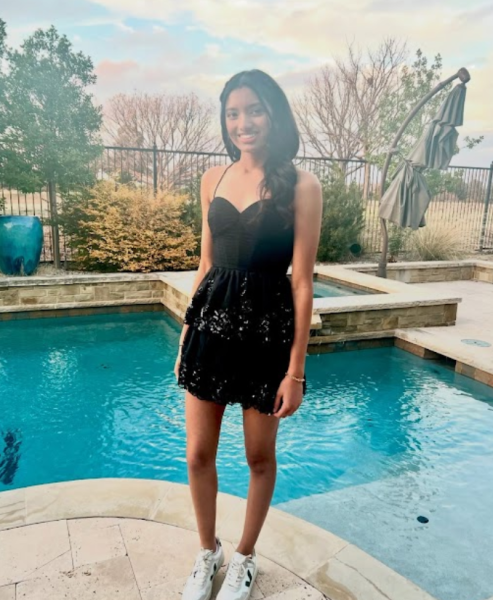A Student Council committee is engaged in discussions with Upper School administrators that could culminate with a ban on phone use during school hours.
The committee was formed in October on the recommendation of Head of Upper School Trevor Worcester.
Worcester’s study of possible changes in Upper School phone use was set in motion by a 2024 New York Times bestselling book by psychologist Jonathan Haidt. Last spring, Worcester says he found himself engrossed in Haidt’s “The Anxious Generation,” which sparked reflection on the role of cellular devices in modern childhood.
“[Phones] have created a safety net that has actually overprotected [kids],” Worcester said. “The risks I was able to take as a kid have gone away. It’s not just about the phone ban. It’s also about the way in which over decades, childhood and growing up has changed.”
Inside the Committee
Led by senior Aman Jaleel, Student Body president, the committee includes the president, vice president and secretary of each grade. Each meeting, the representatives discuss the logistics of a potential phone ban and share opinions.
Worcester says he decided to call upon the Student Council to form this committee so the cell phone policy for next year could be shaped with student input, while also enforcing needed regulations on phone use.
“I don’t profess to know everything about all this,” Worcester said. “I’ve read the books and done the research, but I’m not living your lives. This truly is a conversation this year, with students, with faculty and with families, to figure out what seems to be the best way to go about this.”
Members of the Student Council say they appreciate this approach.
“We want to make sure that student voices are heard and having the committee helps administration consider the students’ opinions,” said Jaleel.
Inside the Meetings
Student Council members prepare for meetings by individually forming their arguments ahead of time. They then discuss their findings as a group.
The meetings are held in a question-and-response format where Worcester will pose questions and members of the committee will provide their input.
“Mr. Worcester is definitely open-minded, and he’s really good at listening to what we have to say,” said sophomore Mahedhar Sunkara, who is also sophomore class president.
Senior class officers are less involved with the phone committee, as the regulation won’t affect them, according to Jaleel.
“We decided to keep the phone committee small for easier discussions,” said Jaleel. “Since the policy won’t affect seniors next year, only freshman, sophomore, and junior officers are on it. [Seniors] Eitan [Hahn], Amanda [Park], and I still meet with the committee, but senior class officers aren’t included.”
As the committee meets throughout the year, junior Hazel Goes-Young, class vice president, says they aim to reach a compromise between administrators and students.
“I think we are going to try to find a middle ground,” said Goes-Young. “Worcester is pretty set on what he wants to do, but he still wants to hear our feedback and see if there are any ways to improve it or switch his policies.”
Talk of the phone ban will continue throughout the year, but Worcester says administrators are listening to what students have to say and are open to discussions.
“As much as I have something in mind, I want people to understand that I am listening and I am curious about how this is going to impact students, faculty and families,” said Worcester. “So, I welcome the conversation and feedback.”

